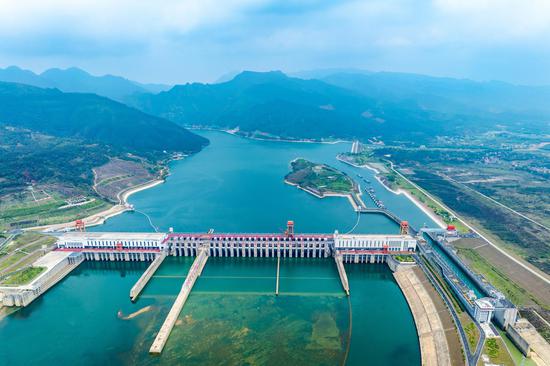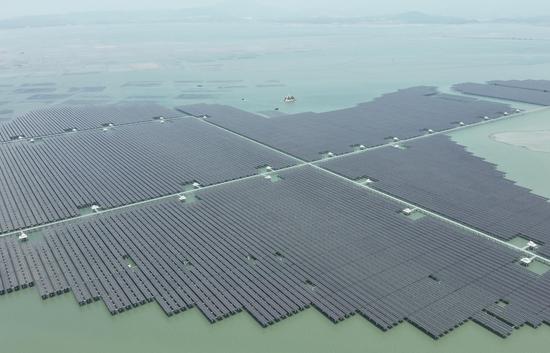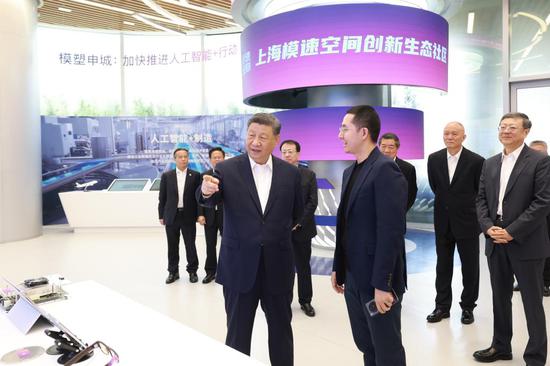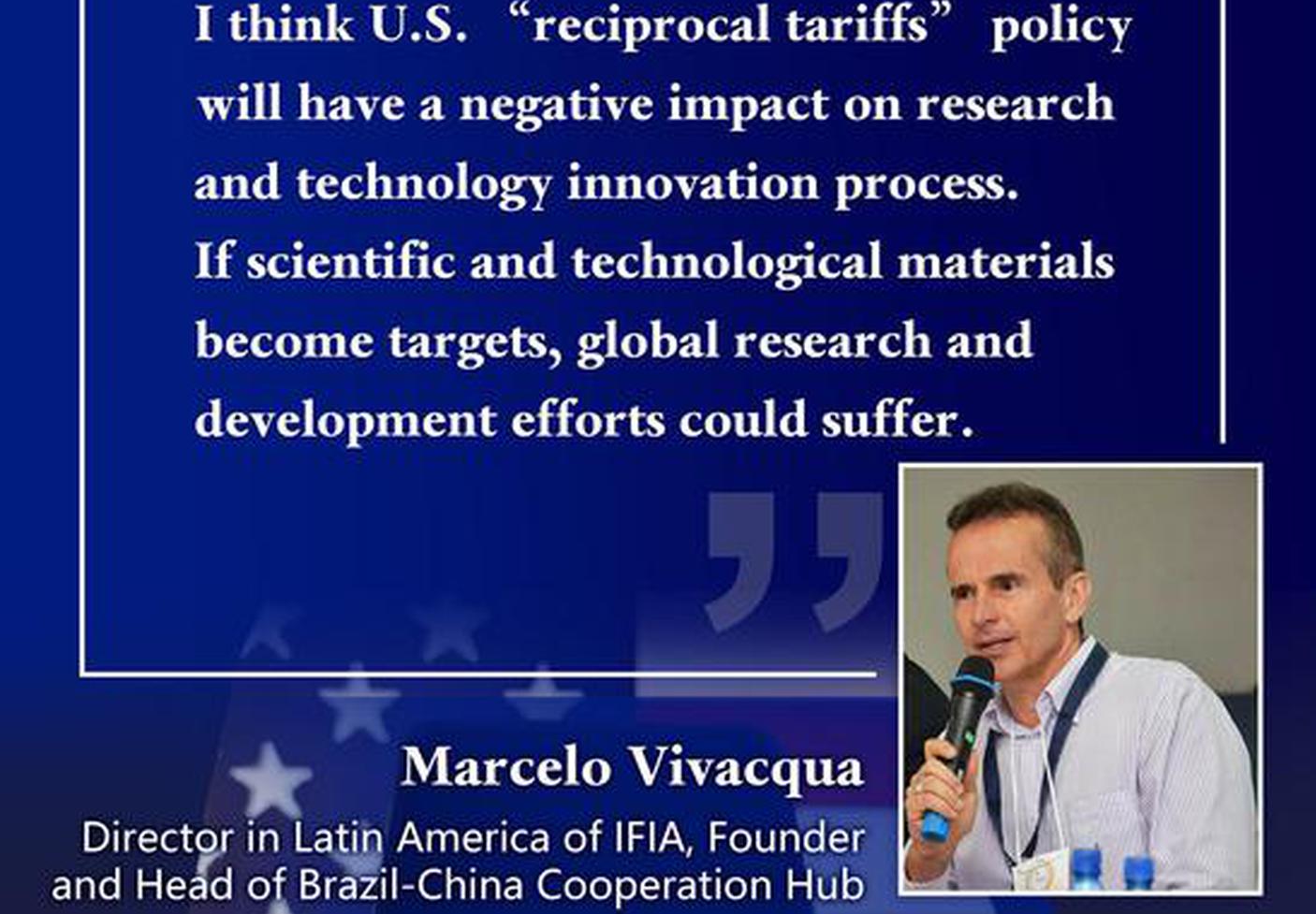The National Energy Administration released new measures recently aimed at significantly accelerating private sector investment and participation across the energy sector, including major projects like nuclear power, oil and gas infrastructure.
The measures are designed to promote quick development of the private energy economy and guide it to become larger, better, and stronger in advancing the green and low-carbon energy transition and building a new energy system, the NEA said.
Under the guidelines, private enterprises will be supported to take stakes in nuclear power projects and invest in major energy projects such as hydropower, oil and gas storage facilities, and oil and gas pipelines.
Xu Xin, deputy director of the NEA's department of legal and institutional reform, said the administration will further support private investment in energy infrastructure, including innovative technologies and models such as new energy storage, virtual power plants, charging infrastructure, and smart microgrids.
She added that the NEA encourages innovation, supporting deep private sector involvement in major energy technology innovation, collaborative research and results sharing.
The measures also back digital and intelligent upgrades for private firms, the development of "AI+"applications, and the cultivation of advanced technologies and business models for energy equipment recycling, Xu said during a news conference in Beijing.
This policy underscores Beijing's intent to leverage private sector dynamism and funding to accelerate the energy transition and boost innovation in areas like storage and smart grids, according to industry experts.
The move could unlock substantial new investment and introduce greater market efficiency into China's vast energy landscape, said Lin Boqiang, head of the China Institute for Studies in Energy Policy at Xiamen University.
The State Council approved recently the construction of 10 new reactors with a combined investment exceeding 200 billion yuan ($27.4 billion), including Phase III of the Sanmen Nuclear Power Plant in East China's Zhejiang province, introducing private enterprises with shareholdings exceeding 10 percent.
This represents a notable increase from earlier instances of private participation in nuclear projects, such as the Zhejiang San'ao nuclear power projects approved in 2020, where the private enterprise took a 2 percent stake.
Nuclear power has historically been dominated by State-owned enterprises due to its strategic importance and high entry barriers and the increase in private sector stakeholding to 10 percent in recently approved projects marks a significant policy shift aimed at attracting private capital and accelerating development in this strategic sector.
In China, private companies are already major players in certain energy sub-sectors after years of development. In the charging infrastructure market, for example, private enterprises accounted for over 80 percent of large operators (those managing over 10,000 charging units) by the end of 2024, according to the NEA.
Zhu Gongshan, chairman of GCL(Group) Holdings Co Ltd, China's largest private power conglomerate, said the involvement of private firms is expected to spur greater technological advancement and operational efficiency in the energy sector, leading to improved competitiveness and sustainability.
"A more market-driven energy sector would enhance the efficiency of resource allocation," he said.
He cited China's solar power sector, from silicon production to building power stations, as a prime example of the private economy's growing influence in the country's energy transformation.
Building a new energy system is seen as a technology and innovation-driven transformation. Many private enterprises are already deeply involved in national science and technology programs covering areas like smart grids, energy storage, hydrogen, renewable energy, and clean coal utilization, said Xu.
Xu said that the new measures are expected to help create new investment growth points in the energy sector and make the private economy an indispensable force in the low-carbon energy transition, energy security and local economic growth.


















































 京公網安備 11010202009201號
京公網安備 11010202009201號